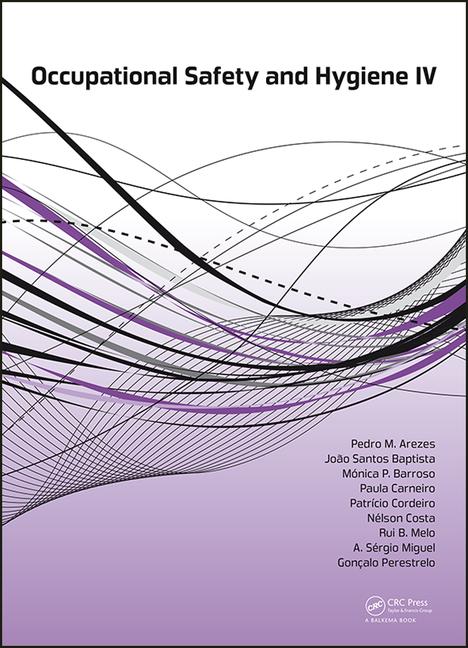 A Wisconsin company that protested paying extra worker’s compensation under the state’s "safe place" statute failed to convince an appeals court that federal law preempts a state law requiring employers to pay penalties when workplace safety violations cause injuries.
A Wisconsin company that protested paying extra worker’s compensation under the state’s "safe place" statute failed to convince an appeals court that federal law preempts a state law requiring employers to pay penalties when workplace safety violations cause injuries.
In Sohn Manufacturing Inc. v. LIRC, 2012AP2566 (Aug. 7, 2013), a three-judge panel rejected that argument as well as the alternative argument that Wisconsin’s “safe place” statute does not authorize additional compensation for violations of federal law.
Employees cleaned the machines while they were running
The case involved employee Tanya Wetor, was cleaning one of Sohn’s machines when her hand was pulled into the machine, causing severe injuries. Sohn’s practice at the time of the accident was to have employees clean the machines while they were running. A state investigation into Wetor’s accident concluded that Sohn had not complied with an OSHA standard related to safe shut-down procedures when servicing machines and Wis. Stat. § 101.11, the safe place statute.
Under that law, employers who cause injuries by failing to comply with any “statute, rule, or order of the department” must pay, to the injured party, a penalty of 15 percent above any worker’s compensation award, capped at $15,000.
The legal decisions
An administrative law judge ordered Sohn to pay the additional 15 percent for workplace safety violations causing Wetor’s injury. The Labor and Industry Review Commission (LIRC) affirmed, and the circuit court affirmed LIRC. Sohn appealed, arguing that Section 102.57 of the safe place statute constitutes enforcement of federal safety laws, and Wisconsin lacks regulatory authority.
“We disagree as § 102.57 is not an enforcement statute but rather a worker’s compensation law,” wrote Judge Paul Reilly.
Sohn also argued that LIRC improperly relied on the OSHA violation to impose a penalty, because section 102.57 of the safe place statute does not contemplate violations of federal law.
“Contrary to Sohn’s assertion, LIRC did not rely on Sohn’s violation of the OSHA standard to establish that Sohn had failed ‘to comply with any statute, rule, or order of the department,’” Judge Reilly wrote. “Sohn’s violation of the OSHA standard was evidence that Sohn violated Wisconsin’s safe place statute.”



